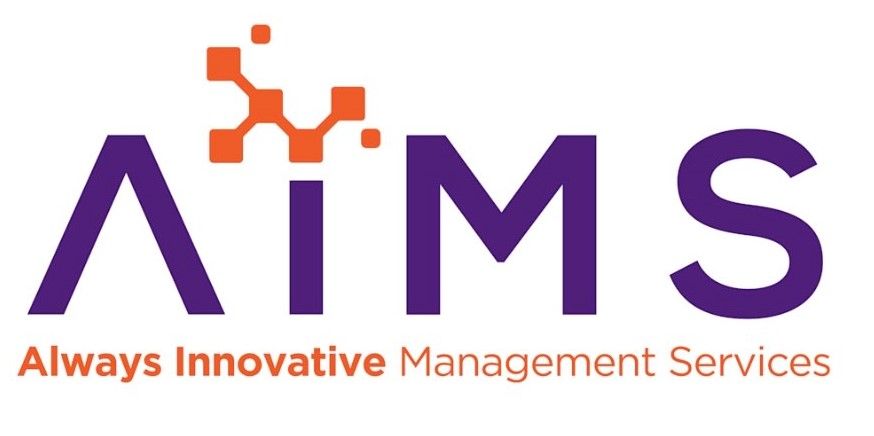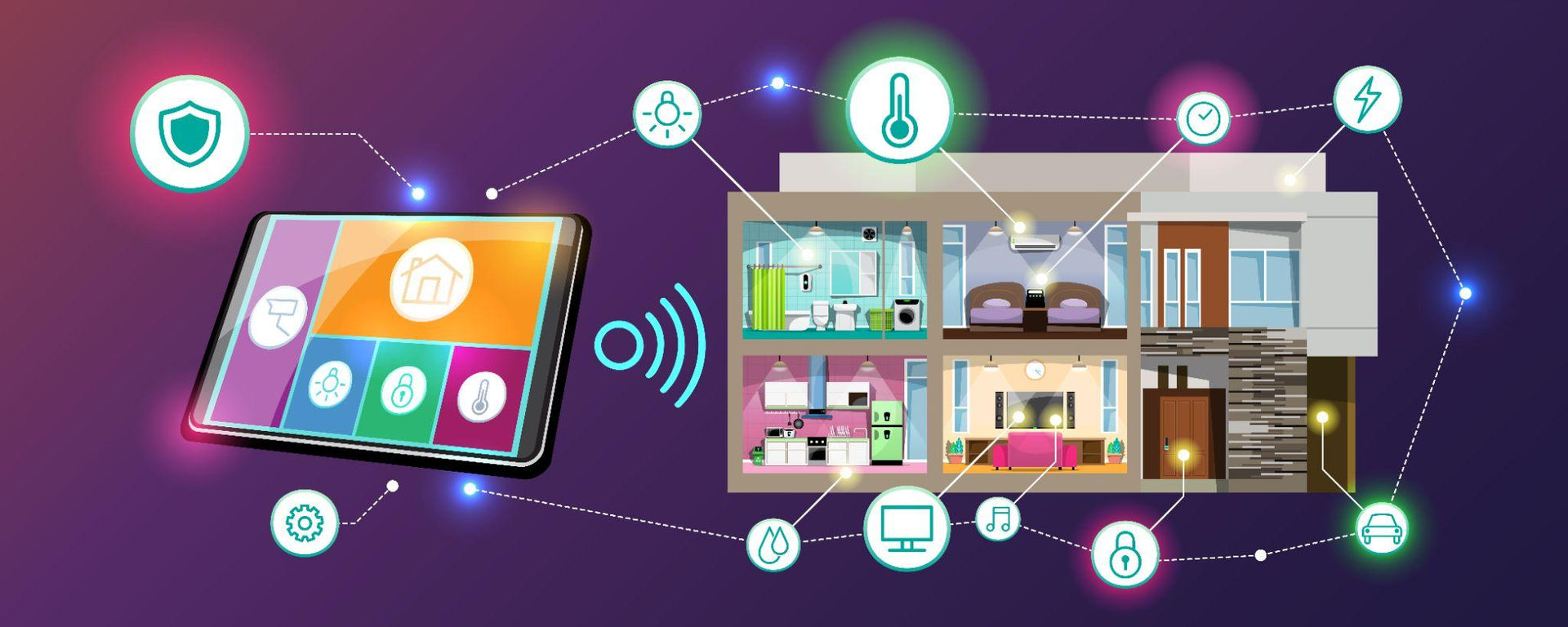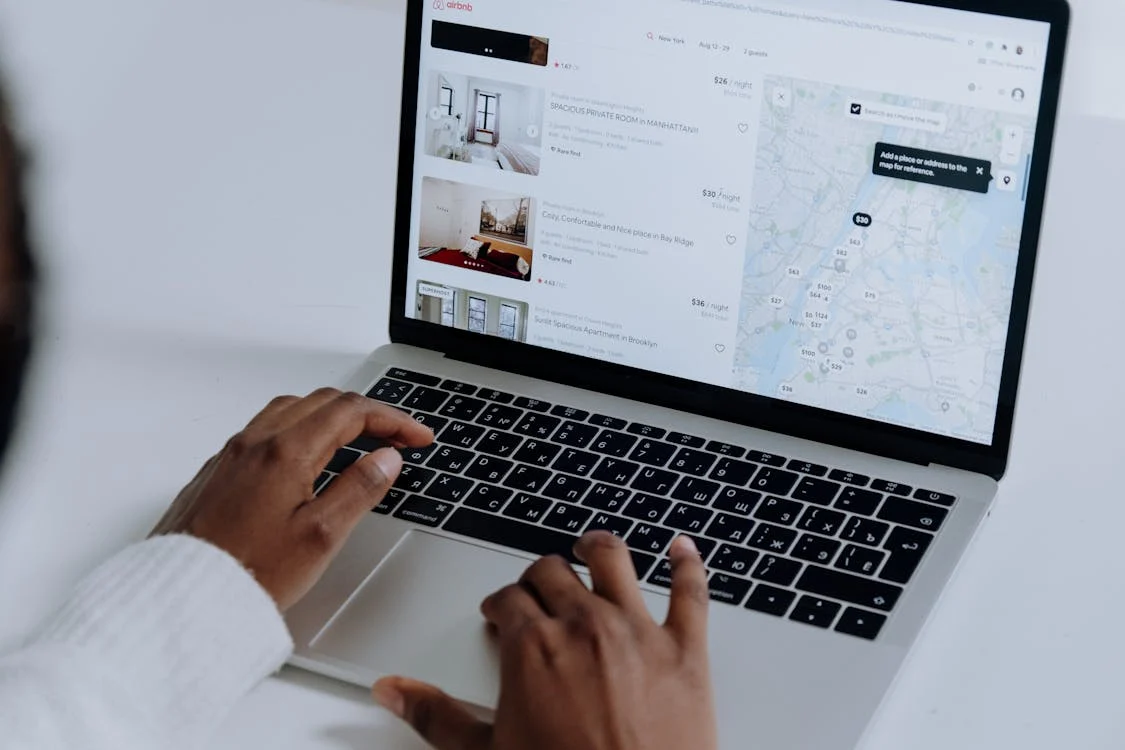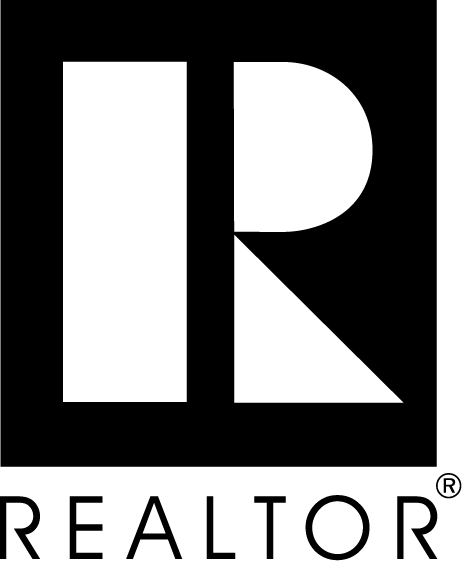Commercial Property Management: 9 Key Strategies for Success
Managing commercial properties is no small feat—it involves balancing profitability, tenant satisfaction, and long-term property value. By focusing on key strategies, property managers can successfully navigate the complexities of commercial real estate. Here are essential approaches to ensure the smooth operation and success of your commercial property management.ts.
1. Thorough Tenant Screening
The foundation of successful commercial property management begins with selecting the right tenants. Implementing a comprehensive screening process reduces the risks associated with late payments, property damage, and legal complications. This involves conducting background checks, reviewing credit histories, and verifying employment and income sources. By identifying reliable tenants upfront, property managers can avoid future headaches, ensuring a steady income stream and a well-maintained property.
2. Proactive Maintenance and Repairs
Regular maintenance is crucial for preserving the value of commercial properties. Implementing a proactive maintenance strategy prevents small issues from escalating into costly repairs. Routine inspections, such as HVAC servicing and structural assessments, help property managers stay on top of repairs before they become serious. This not only extends the life of the property but also keeps tenants satisfied, reducing turnover rates.
3. Effective Communication Channels
Maintaining open and transparent communication with tenants is essential for fostering positive relationships. Establishing efficient communication channels, such as online platforms or tenant portals, allows property managers to address maintenance requests and concerns promptly. Regular updates about property changes, maintenance schedules, and community events build trust, which can lead to longer tenant retention.
4. Financial Management and Budgeting
A well-managed commercial property relies on sound financial oversight. Property managers must develop and adhere to realistic budgets that cover operational expenses, maintenance costs, and future capital improvements. Additionally, maintaining accurate financial records helps track performance, and adjusting budgets based on market conditions ensures the property remains profitable. Financial software can streamline tasks like rent collection and expense tracking, providing valuable insights into property performance.
5. Energy Efficiency and Sustainability
In today's environmentally conscious market, energy efficiency is a key factor in attracting tenants and reducing operational costs. Implementing green practices, such as energy-efficient lighting, HVAC systems, and sustainable materials, not only lowers utility expenses but also appeals to eco-conscious businesses. These upgrades enhance the property's appeal and can even command higher rental rates.
6. Risk Management and Legal Compliance
Risk management is a critical part of property management. Ensuring compliance with local laws and regulations is paramount in avoiding legal complications. Property managers must regularly review lease agreements and operational practices to align with current legal standards. Securing comprehensive insurance coverage, conducting regular property inspections, and staying informed about local legislation can minimize risks and protect property value.
7. Tenant Relations and Community Building
Strong tenant relationships go beyond regular communication. Organizing tenant appreciation events and addressing tenant feedback fosters a sense of community and loyalty. Happy tenants are more likely to renew their leases and recommend the property to others, reducing vacancies and increasing stability. Building a supportive tenant community strengthens the property's reputation and contributes to long-term success.
8. Adapting to Market Trends
Staying informed about market trends is essential for making strategic decisions about property management. Whether it's offering flexible office spaces in response to remote work trends or upgrading amenities to meet tenant demands, being adaptable keeps your property competitive. Regularly assessing market conditions allows property managers to make informed decisions about rent adjustments, lease structures, and tenant needs.
9. Technology Integration
Leveraging technology streamlines many property management tasks, from rent collection to maintenance tracking. Implementing property management software simplifies operations, giving property managers real-time insights into tenant needs, financial performance, and maintenance issues. Technology enhances operational efficiency and improves tenant satisfaction by providing convenient solutions, such as online payment portals and automated maintenance requests.
Discover Top-Tier Commercial Property Management
At Always Innovative Management Services, we redefine the standards of property care. Our expert team offers unmatched services in commercial property management in Atlanta, ensuring both owners and tenants experience seamless communication and meticulous attention to detail.
As a trusted provider of local property management in Atlanta, we take pride in delivering exceptional results. Among the top property management companies in the Atlanta area, we also specialize in simplifying rent collection in Atlanta for commercial properties.
Call now to learn how we can enhance the value of your commercial properties!














